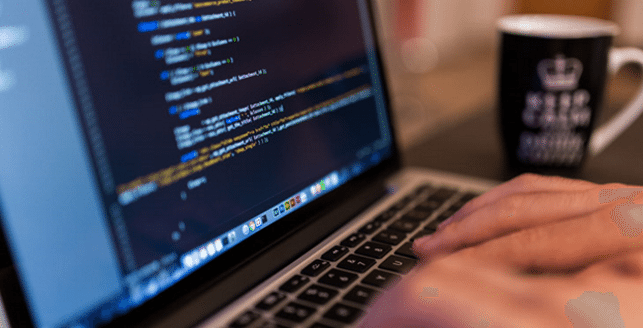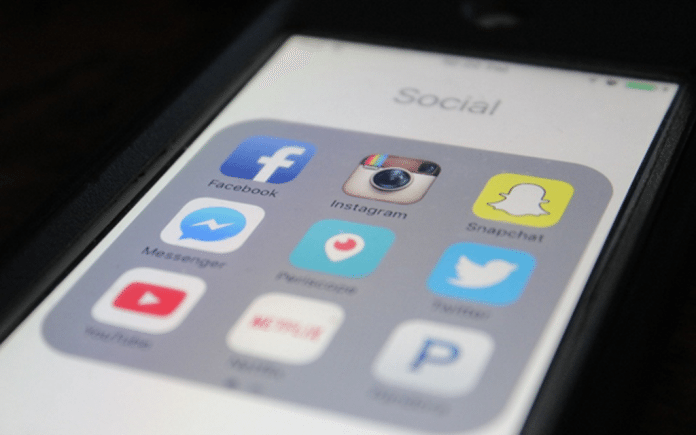Social media has become an integral part of our everyday lives, and most of us probably can’t imagine a day without checking our Facebook and Twitter feeds – well, maybe we can, but we’d still kind of feel like we’re living in a cave. This is because social media manages to cater to one of our most instinctive needs as human beings – socialization with others. It’s becoming increasingly easy to socialize online, and more and more people are doing it every day; posting photos of themselves, leaving comments, exchanging instant messages and so on. However controversial they might be at times, social networks are slowly taking over and their usefulness is virtually undisputed.
However, because they’ve become so popular in the recent years and because people have become so dependant on them, it’s a really nasty experience when something bad happens to one of our social media accounts. We’re sure that everyone has made the mistake of leaving their Facebook page open, only to find an odd status update that they don’t remember posting when they return, but this stuff can get far more serious than a simple prank such as this.
The problem lies in the sheer amount of information that we share on our social networks and how it can be used against us. Whether it’s personal information, job-related information or credit card information, you want to keep it to yourself and perhaps a handful of people that you really trust.
So in order to minimize the chances of your security on social media getting compromised and your valuable information leaked, we’re going to discuss a few tips on how you can prevent this. Without further ado, here they are:
1. Update Your Privacy Settings
Every social media account allows you to customize your level of privacy by choosing not to share some or all of your information with people that follow you on social media. Some information should never be shared, such as your home address, your phone number, your e-mail address and so on. Furthermore, please refrain from keeping any of your information public, because that means that basically anyone on the planet can look up your profile and find out something about you. At the very least, make it so that only the people you have in your friends list can view your information, as that is already a huge step ahead.
2. Beware of Friend Requests from Strangers
It’s very simple to create a fake account on social media these days, and a lot of people are doing it, for whatever purpose they need to. If you get a friend request from someone that you don’t know and that has no mutual friends with you, that’s the first sign that you should be on your guard. These are usually scammers and spam profiles, but in certain cases it’s possible that they’ll try to goad you into opening a phishing website. If you can, don’t accept the friend request at all if you have no idea who you’re accepting, or at the very least look up their profiles first to see if it looks like a fake account.
 3. Don’t Click on Strange Links
3. Don’t Click on Strange Links
People share links in chatboxes all the time, and we’ve become so accustomed to this that a lot of us tend to click on links automatically, without even checking where they link to. This is a big mistake, and here’s why: Not only can you infect your profile with a nasty virus capable of sending automatic circular messages to everyone in your friends list and posting stuff on your timeline, but it can also lead you to a phishing site, which is very bad news for you if you happen to fall for it. Even if it’s from a trusted friend, if the link looks weird and you don’t recognize it, don’t click on it. Your friend’s account might also be infected by a virus that’s looking to replicate itself further, so in the event that something like that happens, let your friend know right away via a different channel of communication.
4. Use Strong Passwords
Your password is your first line of defense online against any hacker, so you had better make sure that it’s not easily guessable or crackable by a brute force attempt. We highly recommend against using your birth date or phone number as your password because that is the first thing that a hacker will try to type in. The best passwords are randomly generated and include a combination of uppercase and lowercase letters, numbers and symbols.
5. Don’t Link Social Media Accounts
Lately a lot of websites have been introducing the option of “signing in” with your Facebook and Google+ account, and while it might seem convenient to use the same account for multiple websites instead of opening new ones, don’t let this fool you – it’s a big security risk to do this. The reason for this is that, in the event of a security breach on Facebook, Google or any other social media platform, a hacker can potentially get access to your login credentials. If you used any of these accounts to sign in anywhere else, that means that the hacker now has access to your accounts on those websites as well. It’s just common sense to open up a new account every time instead of risking something like this, as security breaches have happened in the past, even to huge companies such as Facebook and Google.



